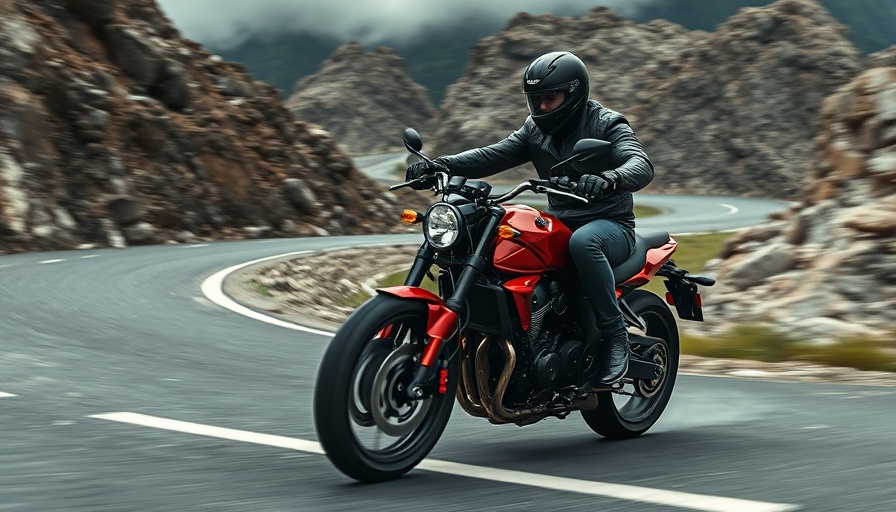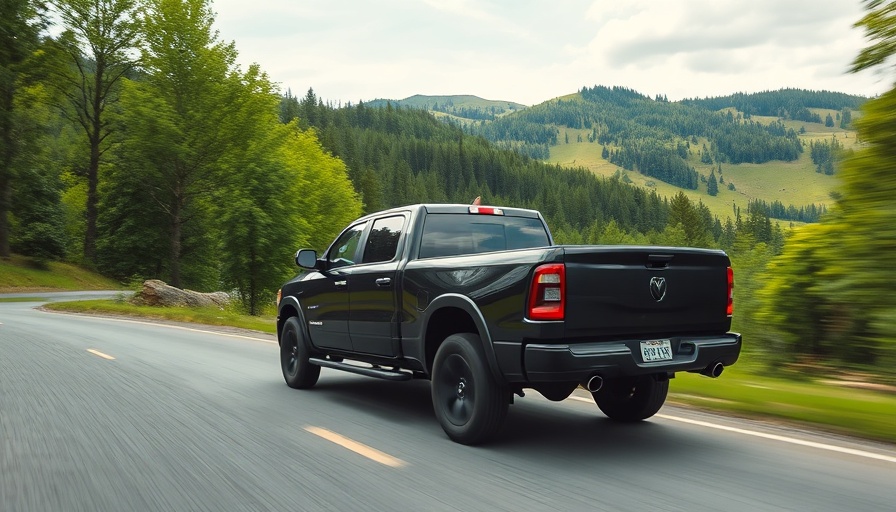
Setting the Stage: A Riveting Prologue
The 47th Dakar Rally has officially begun with a thrilling prologue at Bisha, Saudi Arabia. This year's competition has already set pulses racing, with heavyweights like defending champion Ricky Brabec, 'Kalahari Ferrari' Ross Branch, and Aussie sensation Daniel Sanders showcasing their prowess. Completing the prologue just 18 seconds apart, their performances have laid a fascinating groundwork for what's to come. As Brabec observed, "Today was OK, not bad but not great," highlighting the aggressive full-speed tactics used to iron out early race jitters.
Strategic Choices Ahead for Monster Energy Honda HRC
Monster Energy Honda HRC demonstrated tactical brilliance, successfully positioning all their riders for an advantageous start in Stage 1. The team retired to the Bisha bivouac to deliberate on their starting order, a critical decision impacting the upcoming 48 Hour Chrono. Brabec noted the challenge ahead, stating, "Choosing our position will be tricky, but a good start tomorrow is essential." Skyler Howes, reflecting on his return from injury, is content with his eighth-place finish in the prologue, allowing him strategic flexibility in the coming stages.
Historical Context and Background
Since its inception, the Dakar Rally has been a test of endurance and skill, solidifying its position as one of the toughest motorsport events globally. Each year, riders tackle grueling terrains, pushing human and machine to their limits. This year's competition in Saudi Arabia carries this legacy forward, offering a treacherous mix of rocky passes and riverbed tracks.
Future Predictions and Trends
Looking ahead, the Dakar Rally is poised to maintain its status as an iconic motorsport event, continually adapting to the demands of modern technology and safety protocols. Speculations are rife about the increased role of eco-friendly vehicles in future rallies, reflecting broader industry shifts towards sustainability. Moreover, the precision and strategy seen in today's rally will likely become even more pronounced, as teams leverage advanced navigation and performance data.
 Add Row
Add Row  Add
Add 




Write A Comment